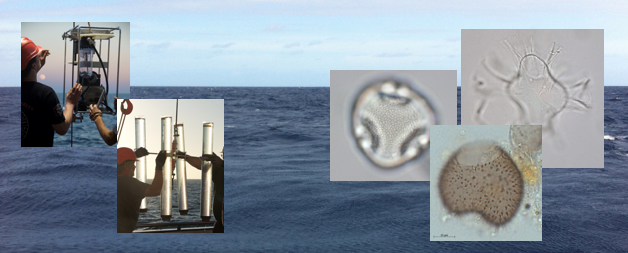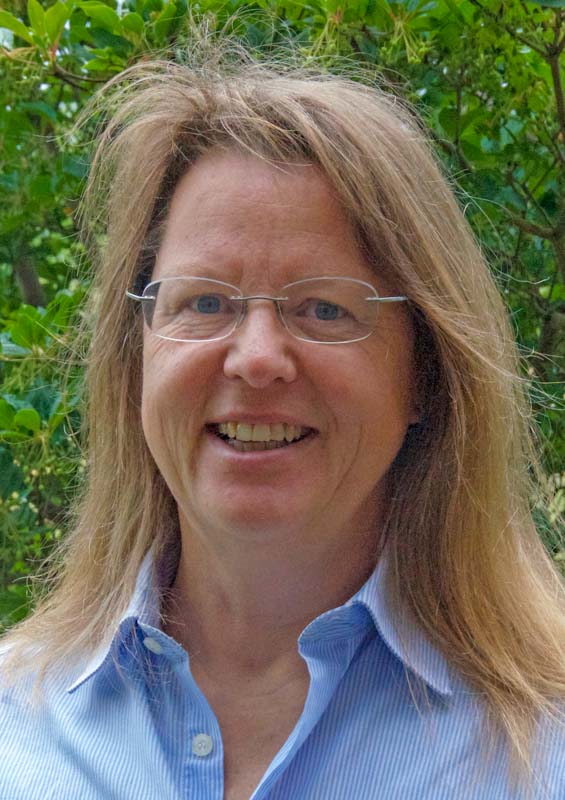Marine Palynology
Professorship
We study biological, ecological and early diagenetic processes affecting organisms forming organic-walled microfossils of marine and terrestrial origin, so-called marine palynomorphs (dinoflagellate cysts, pollen/spores). This includes factors that influence the production/entrance in the ocean, vertical and lateral transport in the water column, embedding in ocean floor sediments and early diagenetic effects on the species association composition as well as on the molecular characteristics of these organic microfossils. Special attention is given to the application of marine palynomorphs as proxies to reconstruct past oceanographic, environmental and climatic conditions in marine sedimentary archives. Hereby, the palynomorph associations are used to reconstruct natural and human-induced changes (e.g. pollution) in past marine ecosystems on high temporal scale (e.g. in roman- and medieval times, pre-industrial - industrial transition).

Working Area
South Atlantic (e.g. off Mauretania, Argentinia), Mediterranean Sea, Arabian Sea, Black SeaMethods
Microscopic analysis, Infrared spectroscopy (micro-FTIR), pyrolyse GC-MS, Oceanographic sensors, Geochemical sensors
Prof. Dr. Karin Zonneveld

(Only in German)
1990 MSc Biologie Utrecht University. 1996 Promotion Utrecht University, 2003 Habilitation UniversitÃĪt Bremen
Anstellungen/Aufenthalte:
1990-1991 Oslo University, 1991-1996 Utrecht University, seit 1996 UniversitÃĪt Bremen
Seit 2003 Leiterin der Sektion Marine Palynologie
Professorin in Bremen seit 2018
Tel. +49 421 218 - 65797
zonnev uni-bremen.de
uni-bremen.de
Fachbereich Geowissenschaften
der UniversitÃĪt Bremen
Klagenfurter StraÃe 2-4
28359 Bremen
Prof. Dr. Karin Zonneveld

Fachbereich Geowissenschaften
der UniversitÃĪt Bremen
Klagenfurter StraÃe 2-4
28359 Bremen
Tel. +49 421 218 - 65797
zonnev uni-bremen.de
uni-bremen.de
der UniversitÃĪt Bremen
Klagenfurter StraÃe 2-4
28359 Bremen
Tel. +49 421 218 - 65797
zonnev
 uni-bremen.de
uni-bremen.de
